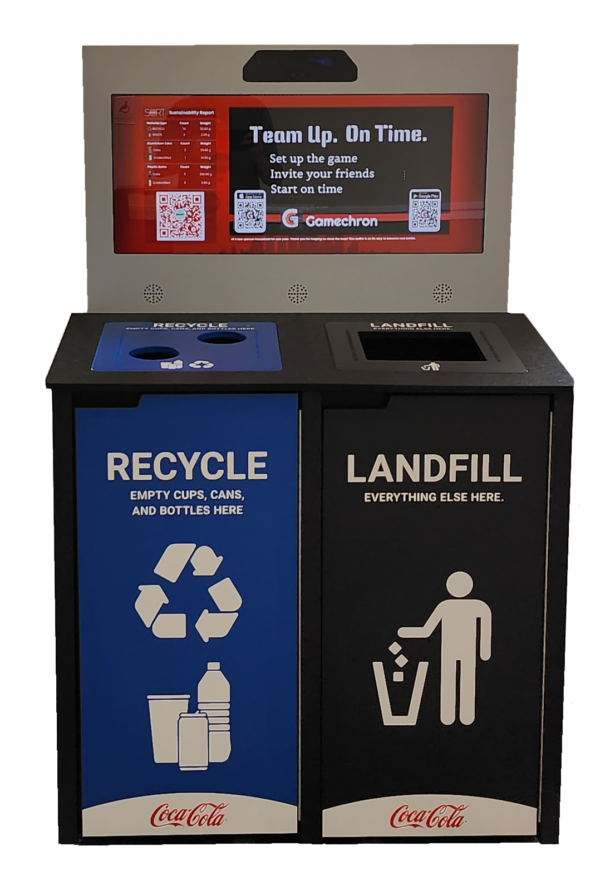Recycling plays a vital role in sustainable waste management and is the key to reducing our environmental footprint. Recycling helps reduce the amount of waste that is sent to landfills, and when waste is recycled, it is reused in the production of new products. This helps to reduce the need for new materials, which in turn helps to reduce our dependence on natural resources. Additionally, recycling helps to conserve energy and reduce greenhouse gas emissions, as it takes less energy to produce products from recycled materials than it does from new materials. This helps to reduce the overall carbon footprint of our society and can help us to transition to a more sustainable way of living.
Recycling also helps to reduce the amount of hazardous materials that are disposed of in landfills. Many of these materials, such as batteries and electronics, contain toxic materials that can be harmful to the environment if not disposed of properly. By recycling these materials, we can ensure that they are reused in the production of new products or disposed of in a responsible manner. This helps to reduce the risk of contamination of the environment and helps to protect our natural resources for future generations.
Recycling can help to create jobs and stimulate the economy. By creating businesses and jobs related to recycling, we can help to generate revenue for our local communities and create a more sustainable economy. This can also help to reduce poverty and create economic opportunities for many people who would otherwise struggle to find employment.
Recycling plays an important role in sustainable waste management and can help to reduce our environmental footprint. By recycling, we can reduce the amount of waste sent to landfills, conserve energy, reduce greenhouse gas emissions, and create jobs and stimulate the economy. Recycling is an important part of our transition to a more sustainable way of living and should be encouraged in all communities.




